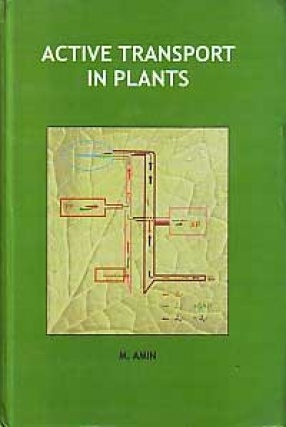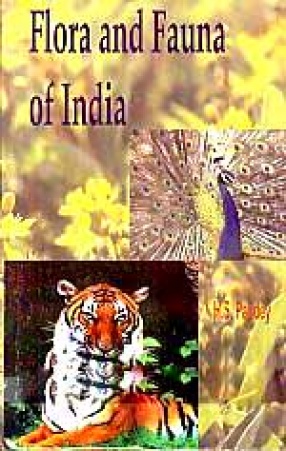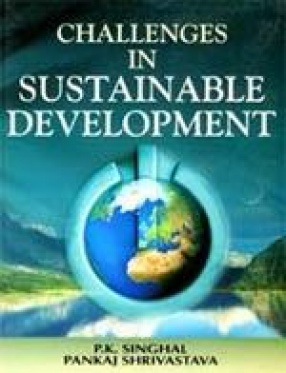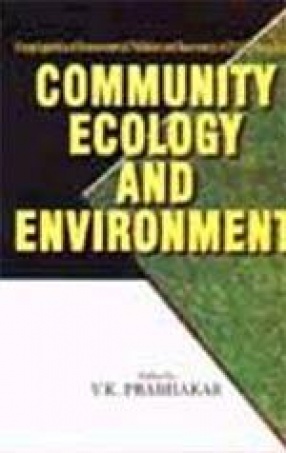Although the role of plant kingdom in determining earth's climate is generally acknowledged, our understanding of plant physiology is very rudimentary. The author has attempted to present a comprehensive and unified approach to plant physiology, with emphasis on the energetics of transport processes. The present approach is in line with P. Mitchell's theory of proton motive force as the source of energy for symport and antiport processes in all cell membranes. Beginning with the energy transduction processes in the chloroplasts and mitochondria, we realize that a symbiotic relationship exists between the photosynthesizing leaves and the respiring heterotrophic tissues of the rest of the plant. The former are engaged in reduction reactions, which consume protons, while the roots and other sinks are engaged in oxidation reactions which produce H'. The present approach is an extension of Mitchell's theory of symport and antiport processes across cell membranes by applying the theory of electrokinetic phenomena and the principles of irreversible thermodynamics to the transport pathways of plants. We have been able to thereby formulate a comprehensive theory of plant transport regulated by the diverse metabolic activities of plant tissues. We not only resolve the problem of 'pH-stating' in the two sets of tissues but also obtain the metabolic source of energy for transport in plants. We see that plant transport is not driven by inanimate agencies like transpiration and osmotic pressure alone but is rather governed by plant's own metabolism. This view point has been often suggested but the currently accepted models are only limited variations of the 1895 and 1930 models of Jolly Dickson and Munch, respectively. As living organisms, plants have to be in a position to acquire nutrients of the kind and at the rate at which these are required and hence both sinks and sources must regulate transport by their own activity in harmony with their metabolism at any time of the day and season. It has been probably the lack of recognition of the wide and diverse faculties of plants by earlier physiologists who assigned plants an inferior status of living state compared to species of animal kingdom.
Flora and Fauna of India
$59.40
$66.00





There are no reviews yet.